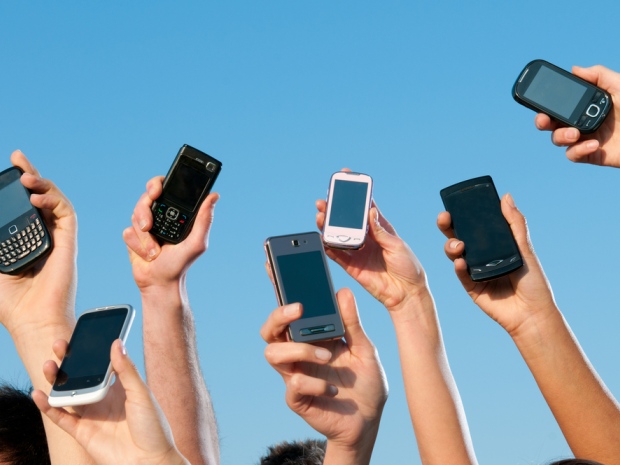Patent strife no barrier to smartphone innovations

Patent disputes among smartphone manufacturers will not deter vendors Sony Mobile and HTC to introduce innovative smartphone designs and features in their latest and upcoming products for 2013. However, some of these innovations may not necessarily reflect what consumers are looking for in their mobile devices.

According to Jason Smith, director of marketing for Southeast Asia and Oceania at Sony Mobile Communications, the Japanese company is not perturbed by the slew of past and ongoing patent lawsuits between rival phonemakers such as Samsung and Apple. These will have not impact research and development efforts in offering new physical features and functionalities for its mobile devices, he said.
Smith added: "Sony is known for its innovations, heritage and designs. Sony Mobile, as part of the Sony family, has a strong track record of bringing outstanding designs to consumers. We don't think that our future designs will be affected by the Samsung-Apple copyright issue."
HTC shared similar sentiments. A company spokesperson told ZDNet Asia: "We don't comment on litigation cases, but we also don't let it distract us from our core mission of delivering innovative mobile experiences to people around the world."
Their comments come on the back of the longstanding legal tussles between current smartphone giants Samsung Electronics and Apple over certain smartphone design aspects and features. Last August, a U.S. court decided in favor of Apple in a copyright infringement case and said Samsung had to pay its rival over US$1 billion in damages. Apple has contested the decision, saying it deserves more compensation, while Samsung has been pursuing a retrial to reduce the damages to be paid.
Smartphones as TV accessories
In terms of innovations, Smith said Sony is focusing on its "One Sony" integration approach, in which Sony smartphones would include technologies from its TV, audio and digital imaging businesses. The One-Touch NFC (near-field communications) technology, for example, allows users to share content on their smartphones to other compatible mobile devices, TVs, laptops or tablets, the executive said.
Positioning mobile devices as TV companions is also on HTC's agenda. The company spokesperson said its HTC One, which is this year's flagship device, will come with Sense TV, which allows users to control their TVs, set-top boxes or home theater sound systems.
The executive added the Sense TV can allow up to 10 different settings for users to configure according to locations such as the living room or the bedroom. "You can view the schedule and set reminders for programs through Sense TV, as well as turn on or off your TV, set-up box and audio system with one tap," he said.
However, Singapore consumers ZDNet Asia spoke to seem to want more basic innovations for their handsets.
Sharon Chu, a retail salesperson who owns a Samsung Galaxy Nexus, said she would rather have a mobile phone with good battery life over other functionalities. "If you're running out of battery all the time, there's no use having many functions on the phone," she said.
Meanwhile, Debbie Yong added she wants a "very small phone" because she finds that large devices add weight and bulk to her handbag. Yong's wishlist runs counter to the direction many handset makers are heading, with the HTC One boasting a screen size of 4.7 inches and Sony's Xperia Z touting a 5-inch screen.